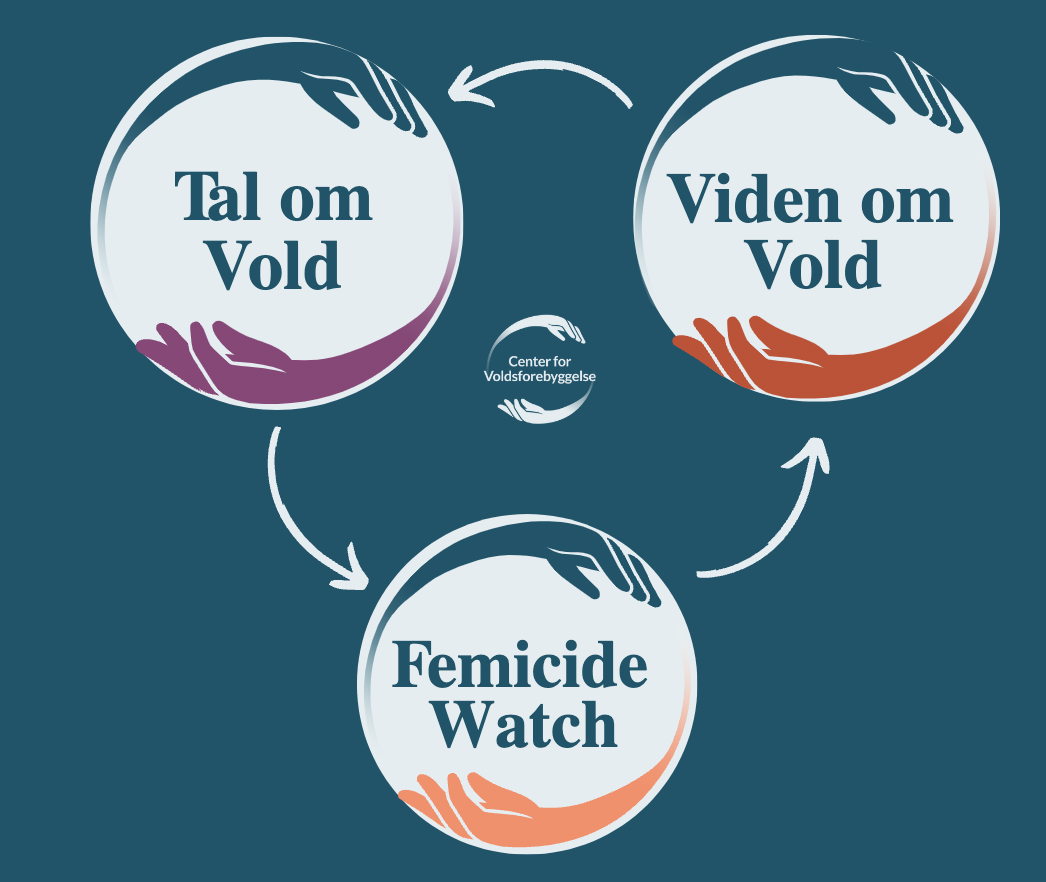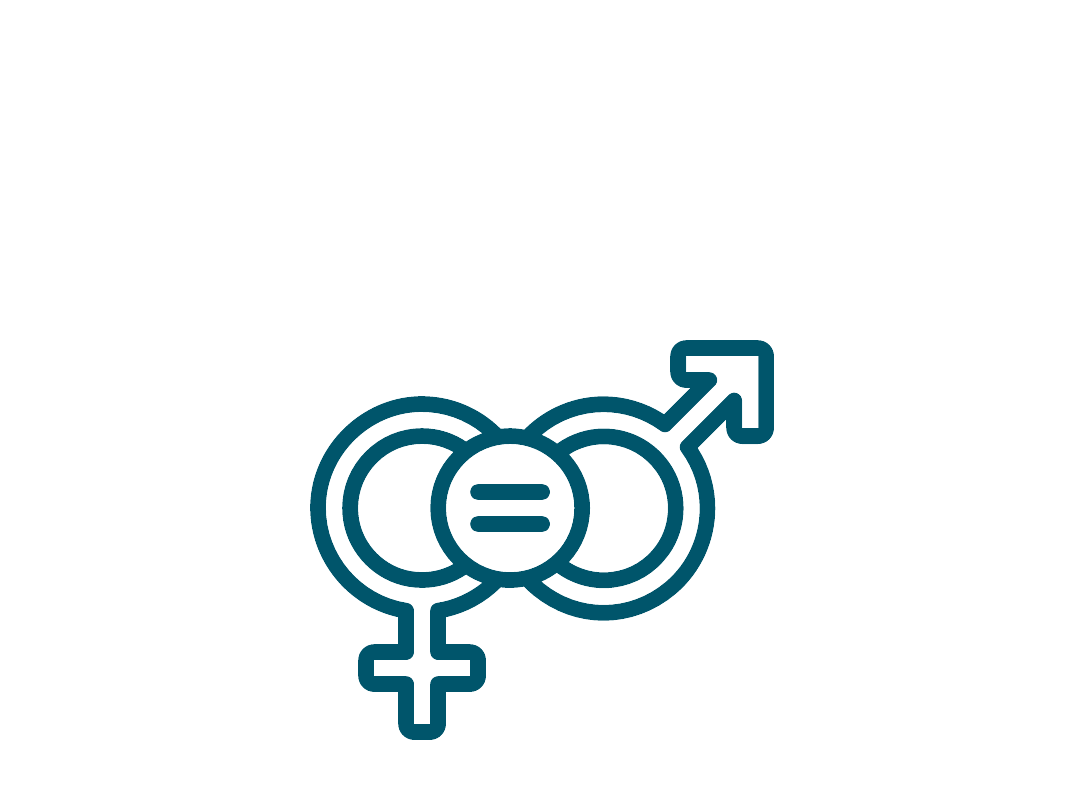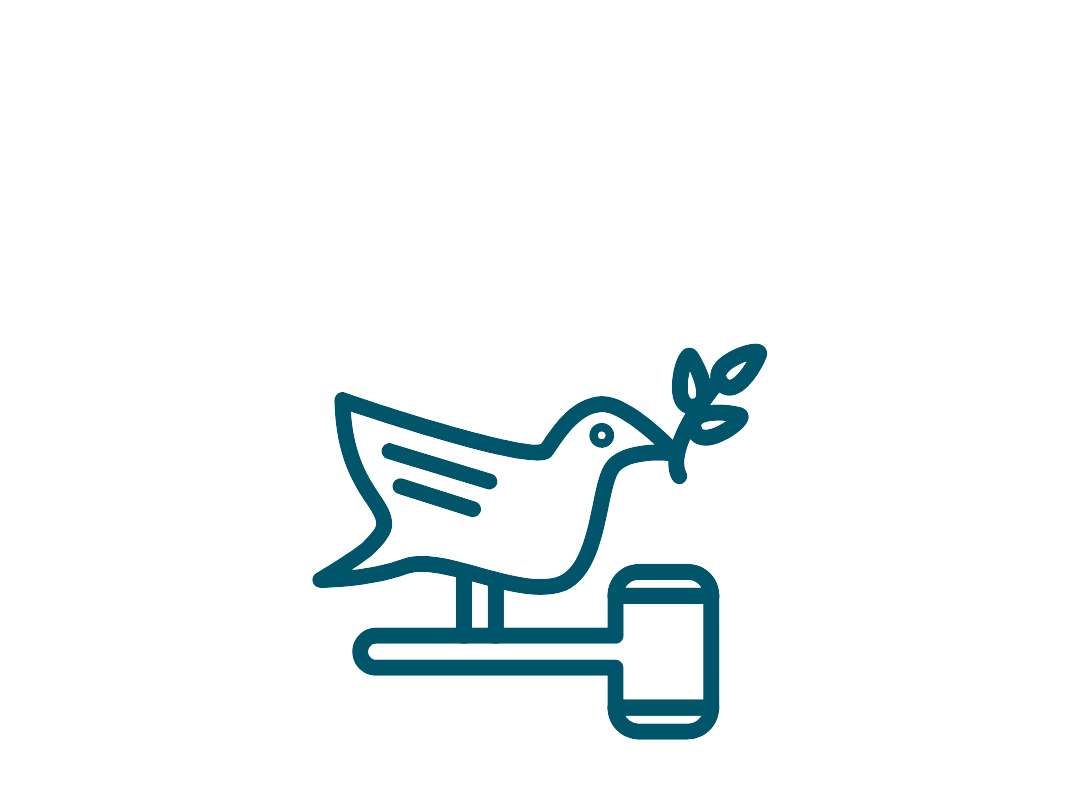
We are a network spread over three local branches in Copenhagen, Aalborg and Odense.
The Center for Violence Prevention was founded in 2019 by Ditte Bjerregaard and is based in Copenhagen, Aalborg and Odense. The organization consists of experts in various fields such as anthropology, psychology, criminology and several others. This interdisciplinary approach helps to understand and tackle violence and inequality at both an individual and societal level.
Target groups
Have you been subjected to violence?
- Are you a next of kin to someone who has been subjected to violence?
- Do you have a dual role in the violence as both victim and perpetrator?
- Do you want to learn how to prevent violence?
Then you are our target group.
Our support, whether it concerns talking about your situation as a victim of violence or learning how to prevent violence through education, has the same starting point!
We are experts in violence prevention. We collect knowledge together to prevent violence.
Methods & change strategy
At CFV, we work with recognized research in preventive work - but we include knowledge from the support groups and develop and publish our own knowledge, directly from the target groups.
We use this knowledge when we educate and train professionals, victims of violence, experts and students.
In-depth expertise and practical research in violence prevention
The Center for Power Analysis is founded
In 2019, the Center for Power Analysis was founded in Nørrebro, with the focus of uncovering violence in society, and helping victims of violence to move on from violence through group courses.
The Center for Power Analysis is constituted as a general association
In 2020, the Center for Power Analysis will be constituted, this means that it will be a general association with a board, volunteers and a CVR. no.
Talk of violence starts
In 2020, Tal om Vold will be started. Talking about violence, the focus is on creating group courses for victims of violence. Today, we offer, among other things, group course for mothers, fathers and relatives.
Femicide Watch is started
In 2021, the Center for Power Analysis' initiative Femicide watch will be started. The Femicide Watch initiative is the only one in Denmark that monitors femicides and analyzes how they can be prevented. The initiative is being started on the basis of experiences from other countries where the monitoring of femicide helps to prevent murder.
CFV Nord is founded
In 2021, CFV Nord is founded after the femicide at Mia Skadhague Stevn. Where i.a. head of CFV Nord Cecilie Ryom Kramer, needed to be involved in the work to prevent the violence. You can read more about CFV Nord right here
CFV Fyn is founded
In 2023, CFV's 3 local branches were added in addition to CFV Nord and Copenhagen. The Funen department was created to spread awareness of violence on Funen. They have, among other things, participated in Odense Pride, held group courses and much more. You can read more about them right here
The Center for Power Analysis changes its name to the Center for Violence Prevention
In November 2023, the Center for Power Analysis will change its name to the Center for Violence Prevention. The name change was to better embrace the 3 main initiatives that CFV works with Talk about violence, Knowledge about violence and Femicide Watch
New ways of talking about violence
"We regard violence as a societal problem and not as a problem for the individual."
We recognize that physical violence is often associated with discrimination, which means that people who have been exposed to physical violence have typically also experienced forms of linguistic violence such as discrimination. Therefore, we treat discrimination and psychological forms of violence on an equal footing with physical forms of violence.
As a member of the association, you get tools to prevent violence. Together, we create the societal change needed to prevent violence.
CFV's organizational methods reflect the organisation's will to oppose all forms of violence.
We develop policy in collaboration with those who need change. We talk to the politicians, involve expert knowledge and convey the experiences of people who have experienced violence. We use this knowledge to design targeted action plans and train participants, professionals and students. We focus on transforming negative experiences into strong, inclusive policies against dissatisfaction.
Therefore, the organisation's efforts are structured around three offers as a preventive, primarily violence-preventing work. In this way, CFV works purposefully to break the generational violence.
A dynamic knowledge base

The Center for Violence Prevention works with six global goals
In CFV, all employees work actively with the world goals in all efforts to prevent violence and murder, and integrate them into project implementation. Overall, the SDGs are used as a framework to guide our work and ensure that efforts not only focus on solving specific problems, but also contribute to broader global goals of health, education, equality, justice and international cooperation.

Health and well-being
Violence and homicide prevention contributes directly to physical and mental health and well-being. By reducing violence and homicide, you protect people from traumatic experiences that can have lifelong consequences for their health. Preventive measures therefore promote general health and well-being in society.

Quality educations
Quality education plays a central role in preventing violence and murder, especially through teaching conflict management, equality and respect for human rights. Educational programs that include these topics can help break down cultural norms that accept violence, thereby helping to prevent future acts of violence

Equality between the sexes
Violence against women is a manifestation of gender inequality. Focusing on preventing violence and killings against women directly addresses the structural inequalities that lead to this violence. Promoting equality and women's rights is therefore a core component of violence prevention work.

Less inequality
Inequalities in society can exacerbate the risk of violence and homicide, especially for marginalized groups. Violence prevention contributes to reducing these inequalities by ensuring that everyone has equal access to protection and justice, regardless of their background, gender or social status.

Peace & justice & strong institutions
Democratic and fair institutions are essential to prevent violence and murder. When the legal system and other public institutions work together to protect citizens and enforce the law, a society is created where violence is not tolerated. This goal promotes peaceful and inclusive societies and supports the building of robust institutions that can address and prevent violence.

Partnership for Action
Cooperation across sectors and national borders is essential for effective violence prevention. Partnerships between governments, NGOs, private companies and international organizations ensure a coordinated effort that maximizes the resources and expertise needed to reduce violence and killings on a global scale.

